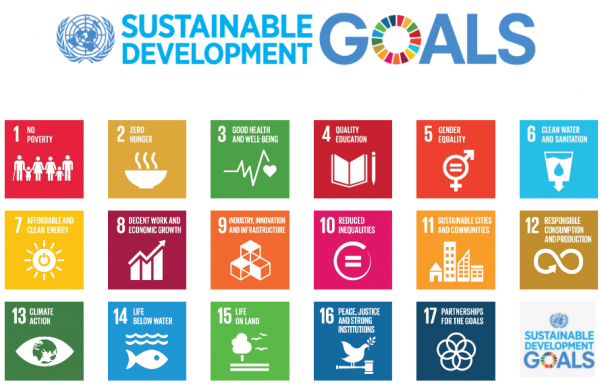SDG2030 targets
| Wiki for ITS | ||||||
|---|---|---|---|---|---|---|
|
Supporting the Sustainable Development Goals
Seldom does an opportunity arise to positively impact the lives of the billions of people through access to digital information, and this project is configured exactly to accomplish this vision. It is a win-win for all the stake holders: the service providers, users, national governments, content providers and equipment suppliers. Therefore, the vision of the project DigI is to provide free and affordable Internet access to basic information for everyone on the globe, by creating and promoting the “Information-Internet” (InfoInternet). The InfoInternet is “just information, nothing else”, or in technology terms, the focus on (compressed) text and pictures. It is well established that access to good education and good healthcare are essential to solving many societal issues of employment, good governance, and social justice. Building physical infrastructure and scaling is simply not possible due to inherent costs involved and lack of available talent. Fortunately, rapid deployment of wireless infrastructure and availability of the vast amount of digital content has democratized and flattened the world with equal access to everyone as long as access to Internet is available and affordable. In this project, we unlock the value of the Internet, availability of the free digital content on the web, declining prices of the smart devices, crowd sourcing to create local content in local languages, and flexibility in developing the business models to bring affordable Internet to those at the bottom of the pyramid (BoP), who account for nearly 4 billion people around the globe either not having access to Internet or do not use Internet for various reasons.
However, there is nothing “free” that is sustainable, thus the main challenge is to establish the financial eco- system for free access to the InfoInternet. Facebook has shown that their service Free Basics achieves commercial break-even for mobile operators already after three months of operation (Facebook, 2016), though neglecting European laws1. Mobile operators typically concentrate on revenue, and, therefore, prefer to roll-out their services in markets with sufficient revenue. Given a large number of people with little income, even a revenue of 2 US$/month for information services is a significant challenge for the service providers. DigI suggests a hybrid business model, with free access to the InfoInternet, and paid access to full Internet services. The business assumption is that less than 2.5% of the total network traffic will be InfoInternet traffic, and that these costs can be calculated as corporate social responsibility (CSR) and/or easily supported by the revenue generated from the full Internet services and through commercials or through other support. Furthermore, from the market development perspective, those first users of the free internet access are the future potential consumers of the fully paid internet service data plans.
Establishing a regional platform, independent or connected, the users will become a part of the collaborative partnership model. When combined with a paid mechanism for access to non-basic (premium information) through vouchers or pre-paid credit (similar to the present-day voice top-up model), this business model will become commercially sustainable and foster an adaptive, user-driven ecosystem with local and global connectivity for training, education, healthcare and culture - propelling the social, digital and financial inclusion.
